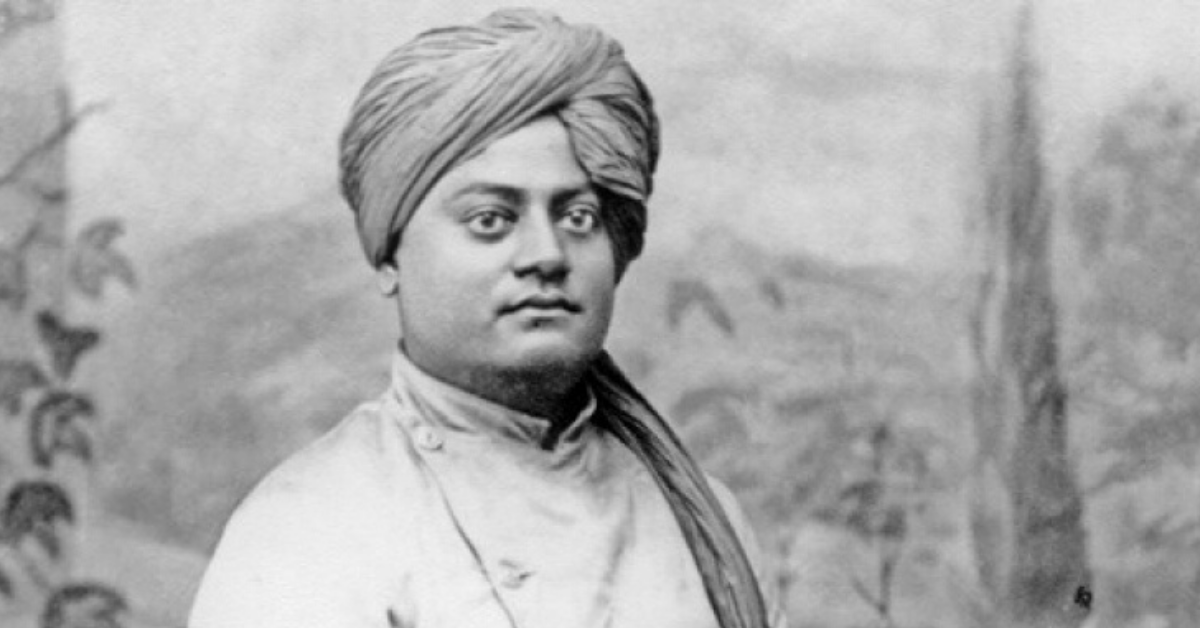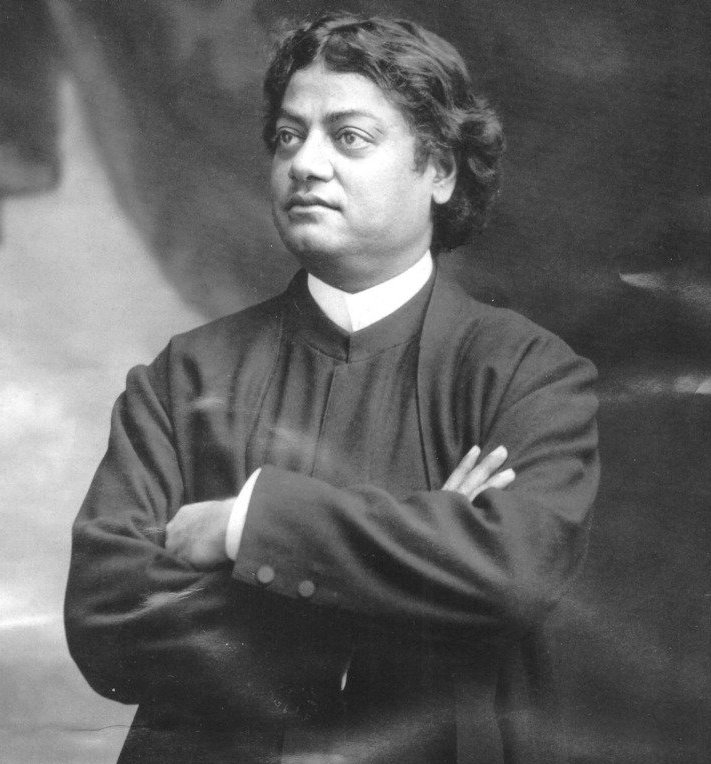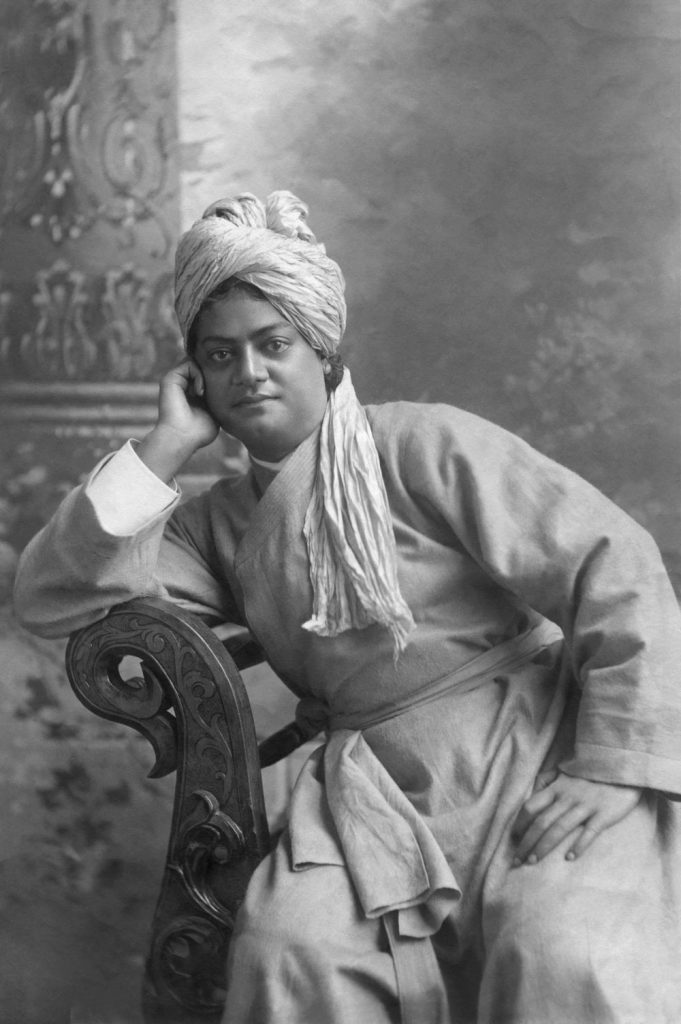Cricket
When Swami Vivekananda took 7 wickets in a cricket match at Eden Gardens

A then little-known boy with the name of Narendranath Datta, with pulsating blood of his teenage years coursing through his veins, had taken the British colonisers by surprise when he took to the lush green fields at Eden Gardens to take seven wickets against the European opponents. This boy would soon become famous, albeit not as a sportsman but as a philosopher and a Hindu monk and a leading figure for the youth and remain a staunch inspiration to many.
This boy is none other than Swami Vivekananda who singularly spread the word of humanism while encouraging the youth to be more active in physical activities and targetted them to be the changemakers for tomorrow.
Before dedicating his life to spirituality and working towards the revival of Hinduism in colonial India, Narendranath Datta was an avid sportsman and a youth leader par excellence, forwarding the thought and raising his voice whenever the occasion desired. Popularly remembered for his photographic memory skills and his ability to quickly quote exact sections from various books, there is one more side to the prolific persona of Vivekananda that is little known.
With an admirable figure and a commanding stature, one could hardly ignore the gravitas that Narendranath Datta, a student of General Assembly Institution (now, Scottish Church College) possessed. Always a keen reader of the Eastern and Western philosophies, Datta also devoted ample time to sports. A frequent visitor at the akharas of Ambu Charan Guha, the sprightly youth spent hours bodybuilding and wrestling there.

Narendranath's expertise was not just restricted to the akharas as he also possessed skills in football and fencing and on one occasion had also emerged as a boxing champion at a show event in erstwhile Calcutta, which served as the capital of the British colony then. The sports culture was sprouting and rich in the mid-1880s moreover, with the British colonisers ambling away their time in the chaotic city by indulging in the 'National Timepass' sport they considered cricket to be.
The birth of cricket took place in Calcutta during this phase of the latter half of the 19th century with the opening of several reputed cricket clubs in various pockets of the city. The Calcutta Cricket Club and Town Club nurtured the cricketing North and South poles of the erstwhile Indian capital. Founded in 1792 by the British, the Calcutta Cricket Club(CCC) is the oldest cricket club outside Great Britain. It was a powerful symbol of the British rulers and was represented by them. The Town Club was a later establishment and was founded by an eminent Bengali mathematics professor, Saradaranjan Ray, in the year 1884, to give stiff competition to the British-powered CCC.
It was during this time that Narendranath Datta's physique and agility came into the eyes of Hema Chandra Ghosh, a leader of the Nationalist movement. In a casual conversation, Ghosh asked if the young Narendranath would like to try his hand at the bat and ball. Unfazed by this prospect, the soon-to-be Hindu monk was instead delighted at the opportunity and expressed that he would love to try and become a part of the cricketing squad and explore his talent in it.

Helmed by the guidance of Hema Chandra Ghosh, the young Swamiji donned the role of a bowler and represented the Town Club side in a tense match against the Calcutta Cricketing Club squad at the Eden Gardens. Back then, the Gardens was just 20 years old and home to the clashes of Indo-British cricketing action. It was a historic match that was played and it was extremely special for Vivekananda who exuded immense confidence and followed Ghosh's wise words of keeping his focus during bowling and the results would be automatic. Soon, Vivekananda's bowling attacked the batsmen at the crease and he toppled one wicket after the other, collecting admirable seven wickets when just 20 runs were up on the board.
Till this date, Swami Vivekananda remains an inspiration for many. The perfect word, to sum up, the caliber of Swamiji would be his rather, 'All-Rounder' status as a human being. With his love and dedication towards sports, Vivekananda's vested interests ranged from the spirituality to the politics of the nation as he still cuts out a figure of importance with his moving works and his shoutout to the youth to act as pioneers of tomorrow.
